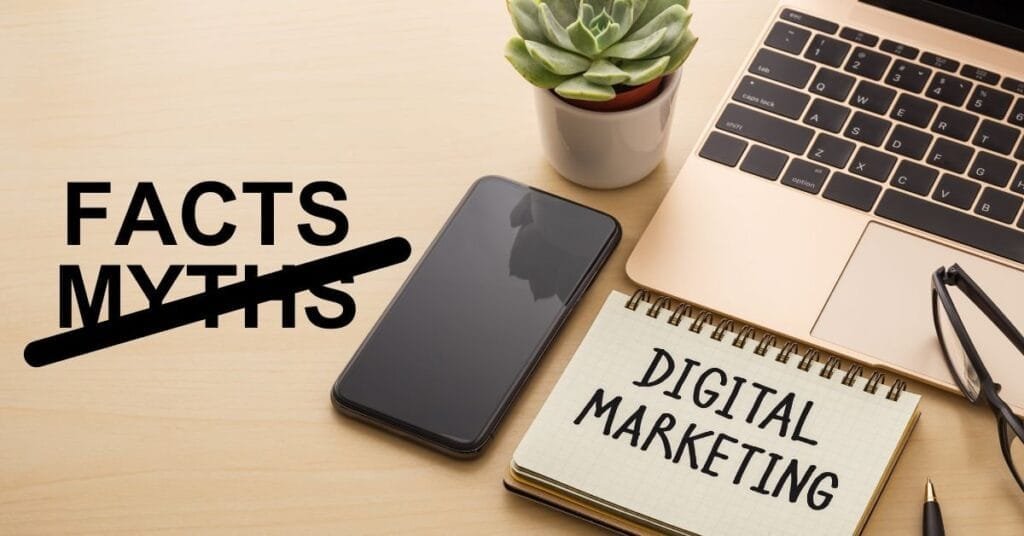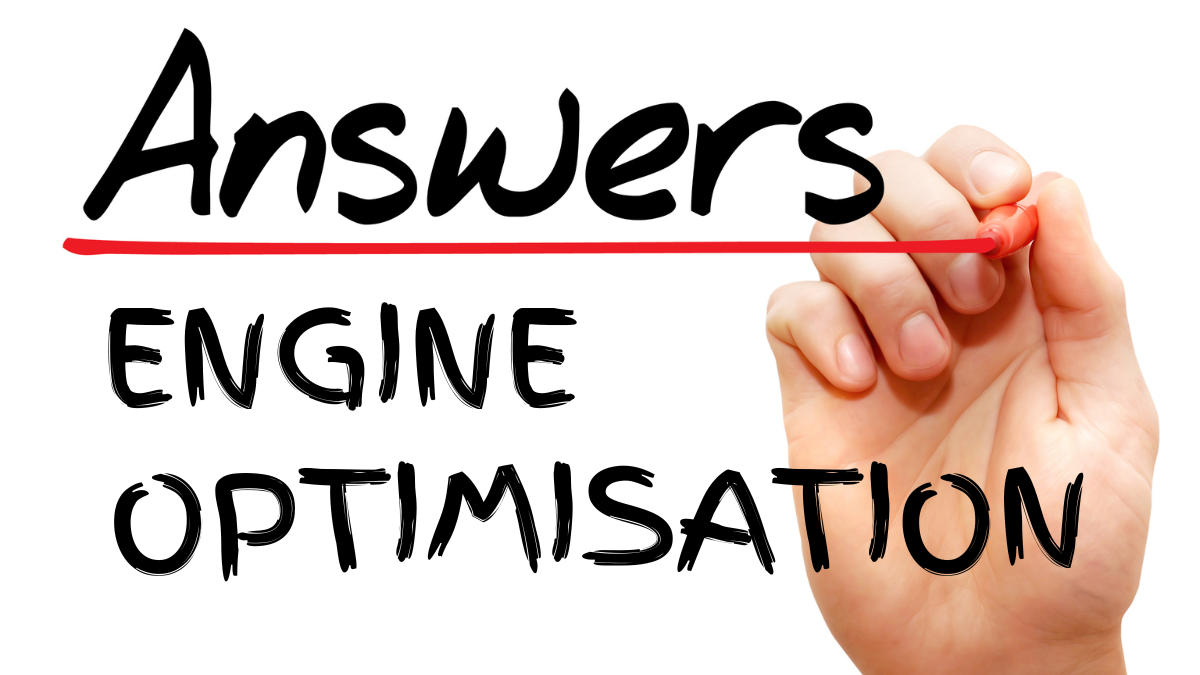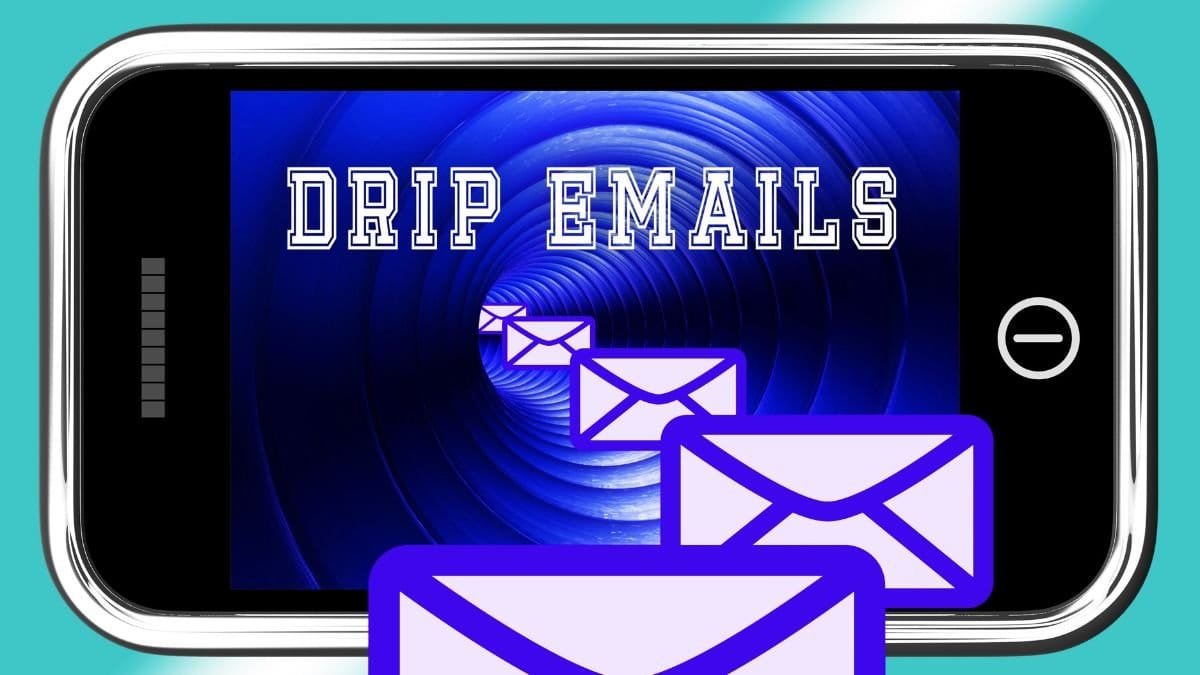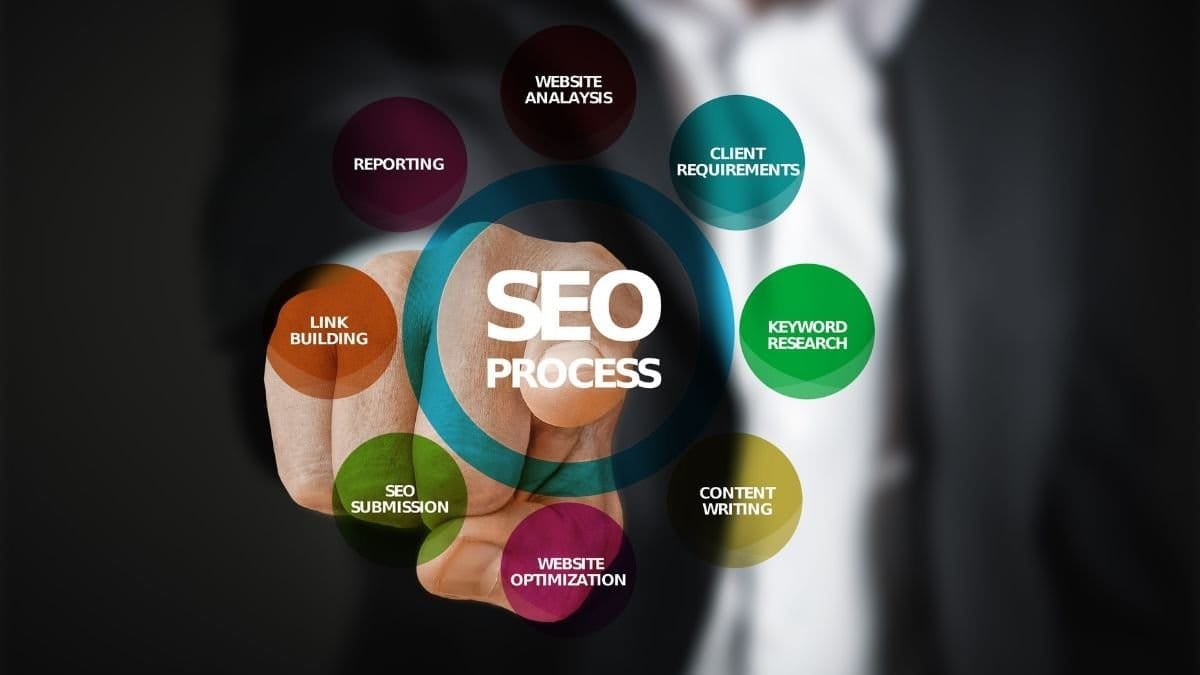Digital marketing has become an integral part of modern business strategies. It’s a powerful tool that helps businesses connect with their audience, increase brand visibility, and drive revenue. Despite its widespread adoption, there are several myths about digital marketing that persist, often leading to misconceptions and ineffective campaigns. In this article, we will uncover and debunk some of the most common myths about digital marketing and explain how businesses can achieve success by understanding its true potential.
Myth #1: Digital Marketing Is a Quick Fix
One of the most pervasive myths about digital marketing is the belief that it’s a quick and effortless way to achieve immediate results. Many businesses launch digital marketing campaigns expecting an influx of customers overnight. However, this perception is far from reality.
Digital marketing is a long-term strategy that demands consistent effort, time, and planning. While certain tactics like pay-per-click (PPC) advertising can generate quick traffic, sustainable success requires a comprehensive approach. Building brand recognition, cultivating customer trust, and achieving measurable growth are gradual processes that involve:
-
Audience Research: Understanding your target market’s needs, preferences, and behaviors.
-
High-Quality Content Creation: Developing valuable and engaging content tailored to your audience.
-
SEO Optimization: Implementing strategies to improve your website’s visibility in search engine results.
-
Continuous Analysis and Adjustment: Using analytics to assess campaign performance and refine strategies over time.
Businesses that view digital marketing as a quick fix often experience disappointment. To achieve meaningful results, it’s essential to set realistic goals and focus on sustained efforts rather than instant gratification.
Myth #2: Digital Marketing Is Just Social Media
Another widespread myth is that digital marketing is synonymous with social media marketing. While platforms like Facebook, Instagram, and Twitter play a vital role in digital marketing, they are just one piece of a larger puzzle.
Digital marketing encompasses a wide range of strategies, including:
-
Search Engine Optimization (SEO): Enhancing a website’s visibility on search engines like Google.
-
Pay-Per-Click (PPC) Advertising: Running targeted ads to reach specific audiences.
-
Email Marketing: Sending personalized emails to engage with leads and customers.
-
Content Marketing: Creating blogs, videos, infographics, and other content to provide value and build authority.
-
Affiliate Marketing: Partnering with affiliates to promote products and services.
Each of these tactics serves a unique purpose and can complement one another. For example, SEO drives organic traffic, while PPC delivers immediate visibility. Content marketing builds authority, and email marketing nurtures leads. By integrating multiple strategies, businesses can create a robust digital marketing plan that reaches diverse segments of their audience.
Myth #3: Digital Marketing Is Only for Big Businesses
There is a misconception that digital marketing is only beneficial for large companies with substantial budgets. In reality, digital marketing is a highly adaptable tool that can be scaled to suit businesses of all sizes.
For small businesses, digital marketing offers unique advantages:
-
Cost-Effectiveness: Many digital marketing strategies, such as content marketing and social media, are affordable and provide high returns on investment.
-
Targeted Advertising: Platforms like Google Ads and Facebook Ads allow small businesses to target specific demographics and geographic areas, maximizing the impact of their campaigns.
-
Flexibility and Agility: Small businesses can quickly adapt their digital marketing strategies to market changes and customer feedback.
-
Niche Market Opportunities: Small businesses can focus on specific niches that larger companies may overlook, building strong connections with their audience.
With the right approach, even small businesses can compete with larger competitors and carve out a significant presence in their industry.
Myth #4: Digital Marketing Runs on Autopilot
Some businesses believe that once a digital marketing campaign is set up, it can run on autopilot, delivering consistent results with little to no input. This myth is dangerous and can lead to stagnant campaigns that fail to deliver meaningful outcomes.
Digital marketing is an ever-evolving field influenced by:
-
Consumer Behavior: Trends and preferences change frequently, requiring businesses to stay updated.
-
Algorithm Updates: Search engines and social media platforms frequently update their algorithms, impacting campaign performance.
-
Technological Advances: New tools and techniques emerge, offering opportunities for improved performance.
Effective digital marketing requires ongoing:
-
Monitoring: Tracking key performance indicators (KPIs) like website traffic, click-through rates, and conversion rates.
-
Optimization: Making data-driven adjustments to improve campaign performance.
-
Experimentation: Conducting A/B testing to identify the most effective strategies.
-
Engagement: Regularly interacting with your audience through social media, emails, and other channels.
By actively managing and refining their campaigns, businesses can maximize their return on investment and ensure long-term success.
Myth #5: More Traffic Equals More Success
While driving traffic to your website is an essential goal of digital marketing, it’s not the only measure of success. High traffic numbers are meaningless if visitors don’t engage with your content, make purchases, or take other desired actions.
Success in digital marketing is about attracting the right audience and guiding them through the customer journey. Key strategies include:
-
Optimizing Conversion Rates: Designing landing pages that encourage visitors to take specific actions, such as signing up for a newsletter or making a purchase.
-
Creating Personalized Experiences: Using data to deliver tailored content and recommendations.
-
Building Trust and Loyalty: Engaging with your audience and providing exceptional customer service.
Focusing on quality over quantity ensures that your digital marketing efforts drive meaningful results.
Myth #6: Digital Marketing Replaces Traditional Marketing
Another common myth is that digital marketing has rendered traditional marketing obsolete. While digital marketing offers unparalleled opportunities, traditional marketing methods like print advertising, direct mail, and in-person events still have value, especially when integrated with digital strategies.
A balanced approach can amplify the effectiveness of both traditional and digital marketing efforts. For example, a company might use direct mail to promote a new product and include a QR code that directs recipients to a digital landing page.
Conclusion
Digital marketing is a powerful and versatile tool, but misconceptions about its nature can hinder businesses from achieving their full potential. By debunking myths such as “digital marketing is a quick fix” or “digital marketing is just social media,” businesses can develop a more accurate understanding of what digital marketing entails.
To succeed, businesses must view digital marketing as a long-term, multifaceted strategy that requires continuous effort, analysis, and adaptation. By embracing its full potential, companies of all sizes can reach their target audience, build meaningful connections, and drive sustainable growth.
In today’s competitive landscape, understanding and leveraging digital marketing’s true capabilities is not just an option but a necessity for long-term success.















